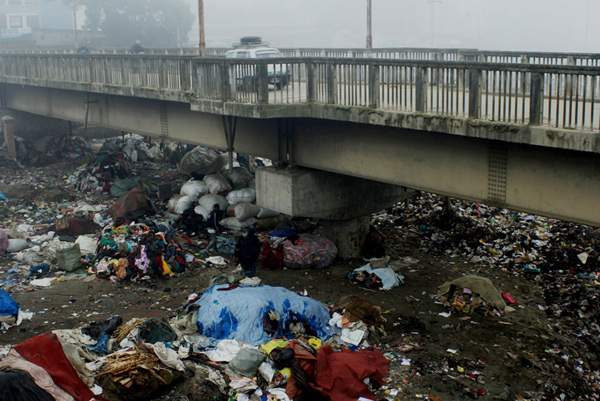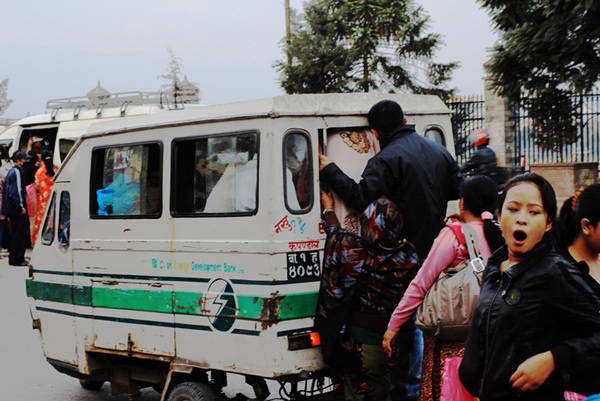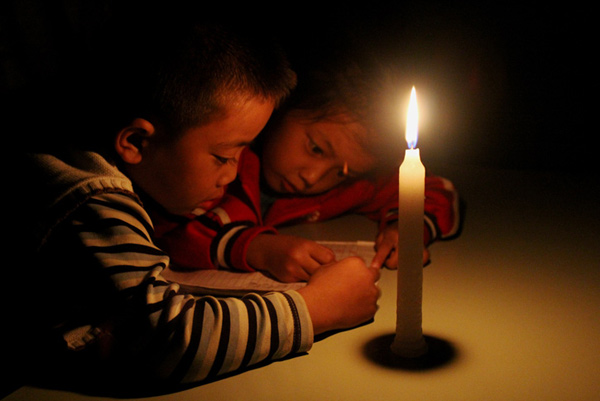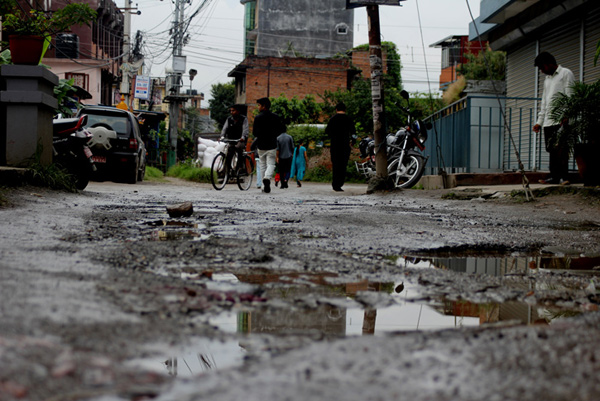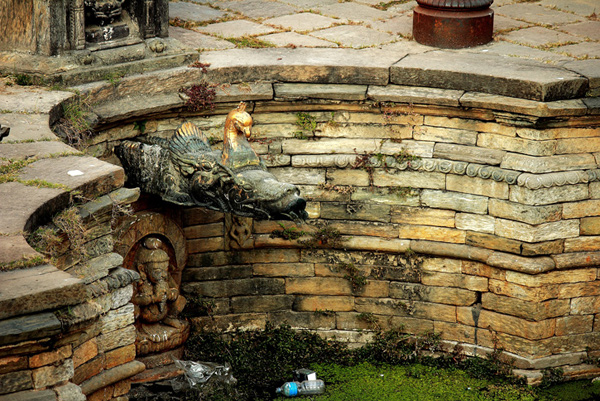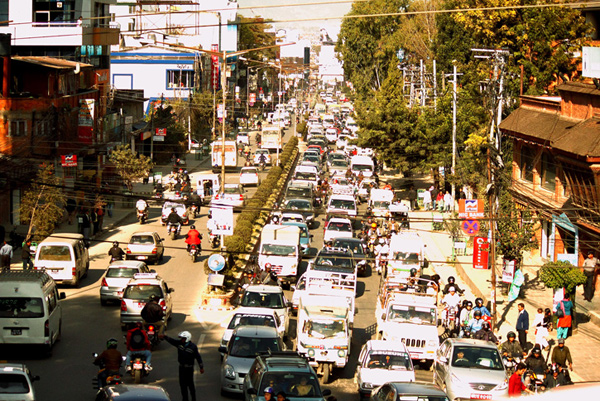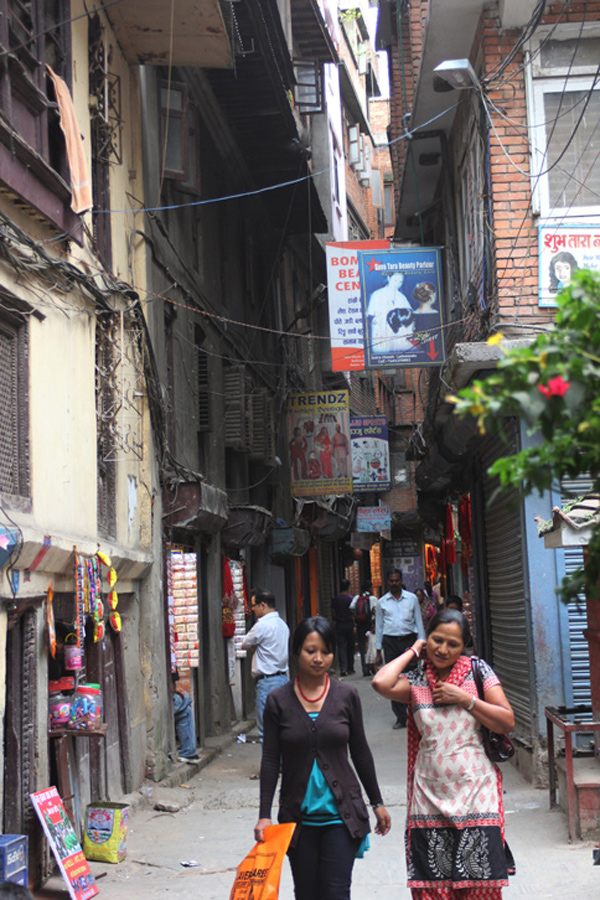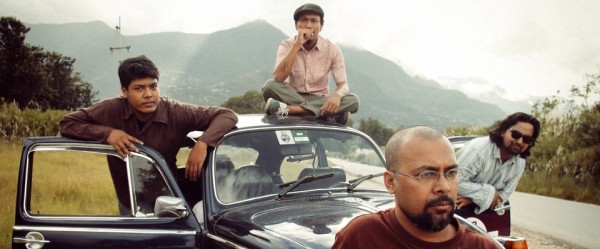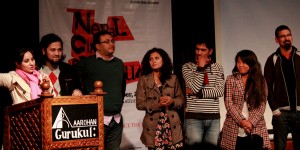There are numerous reasons why a State becomes the State it is. Important basic infrastructural fundamentals are key contingents for the standards of a functioning system. When the very principles of this procedure are neglected, it is then that one begins to see chinks in the armor. Case and point, Kathmandu, Nepal, a city with an ever-changing government, slack implementation strategies, growing negligence and lack of civic sense amongst citizens.
It is understandably difficult to take responsibility for situations that seem endless and continually ballooning. Yet, if we bring our attention to these very problems individual citizens and communities face alike , we may find the very ground from where to lay the foundations for change. It is high time people start to show awareness and concern toward their surrounding environment and situation. For this reason, we want to bring some of Kathmandu’s worst setbacks into the spotlight.
We are choking up the very life source from which we were given somuch. We pass our rivers everyday without as much as a second glance toward the plummeting amount of waste that is taking their lives. We close our eyes and our nostrils to the overpowering sights and stench , yet have we ever really tried to remove the disheartening smell of indifference? Why is there such a monumental capacity for disregard? We need to clean the holy rivers and revive their spirit.
When there is a limited amount of space, people tend to fail to recall the possibility of there being alternatives. We do not have to overload every vehicle till there is no room to breathe. We have the right to travel at ease. Why do passengers and operators not realize this? The chaos that surrounds public transportation is not doing commuters a favor. Why not establish a system that allows a 15-minute ride to feel like 15 minutes instead of an eternity in hell.
Nepal has a huge hydropower potential. The perennial nature of Nepali rivers and the steep gradient of the country’s topography, provide ideal conditions for the development of some of the world’s largest hydroelectric projects. Current estimates are that Nepal has approximately 40,000 MW of economically feasible hydropower potential, however the present situation is that Nepal has developed only approximately 600 MW of hydropower. Load-shedding is on a daily basis, most of the country is left in the dark for hours at a time, yet the government has plans on building an electric railway system What are the priorities?
Street Children because they have not reached the age of majority, have no representation in the governing process. They have no vote themselves nor by proxy through their parents, from whom they are likely alienated, nor do street children have any economic leverage. Governments, consequently, pay little attention to them. Help speak up for the innocent. The solution isn’t giving them money and encouraging them to beg.
Some of the major roads in Kathmandu city, very closely resemble dry riverbeds. Yes, the government has allocated a budget towards repairs. Yes, everyone uses the roads everyday. Yes, as soon as the road is paved (by miraculous chance) someone digs it up to fix that leaking pipe or sewage tank and then isn’t bothered in the least to FIX IT!!! There is no excuse.
Did I already mention that Nepal has a huge hydropower potential? That means Nepal has the water in other words. It is just unable to get from the mountains to the city on it’s own. It would require paperwork and management and actual effort on the government’s part. Clean water is a necessity of life.
Traffic lights? Speed limits? Traffic management? A ‘V.I.P’ official on his way to tea? Need we say more?
Kathmandu is at the top of the list in terms of being earthquake prone. Yet, there are no building regulations and there is no space. Think twice about where and how you are situated in terms of safety, and make an effort to do something about it for you, your family and your neighbors. When it does hit, the fault will be our own.

